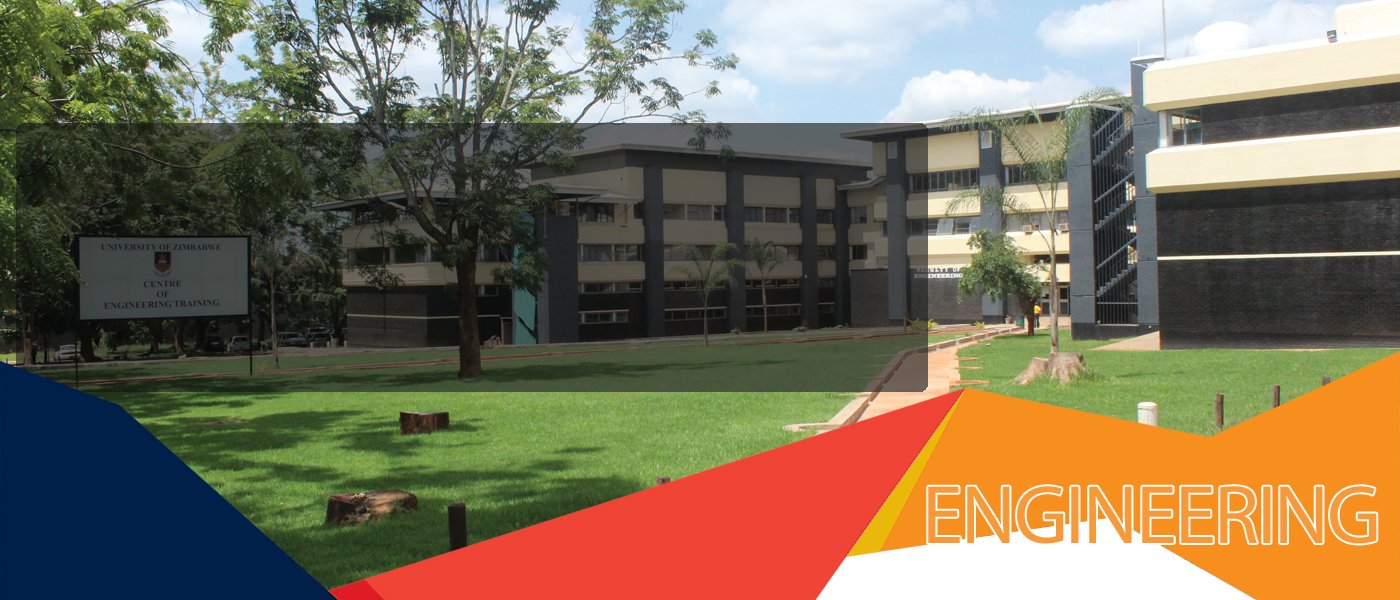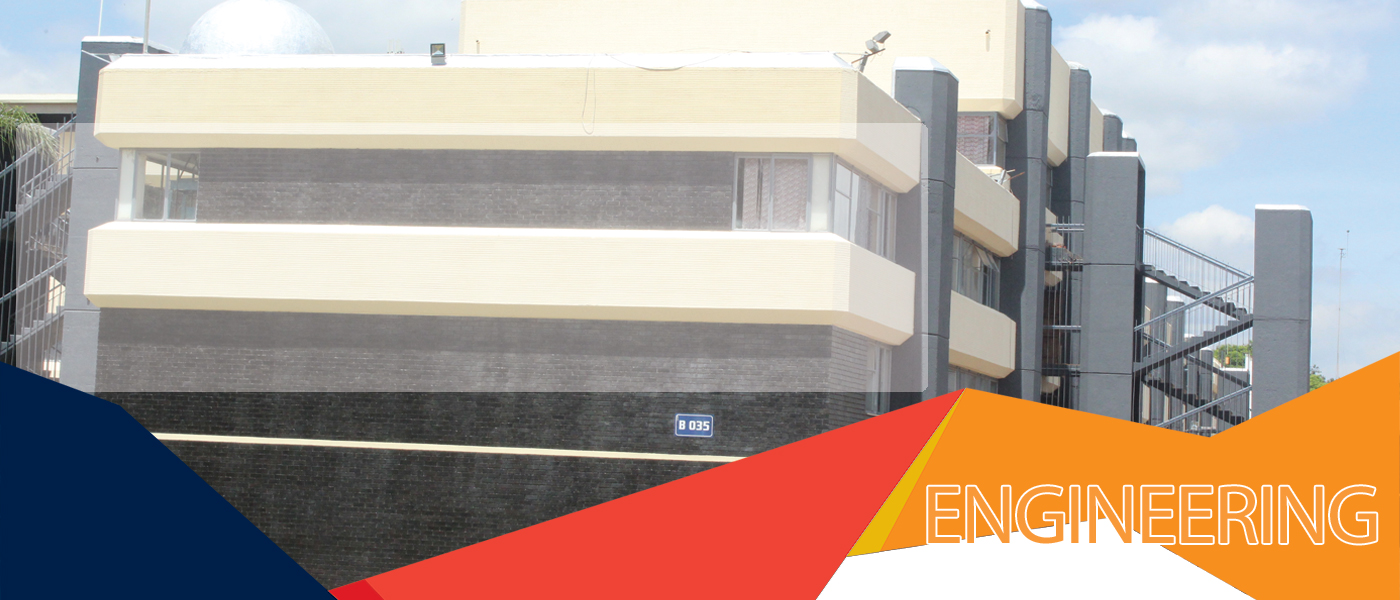What is Electrical and Electronic Engineering? : Electrical and Electronic Engineering is integral to modern life and encompasses power generation, transport, medicine, quantum information, computing, artificial intelligence, cryptography, communications; the list is endless. Students following this programme will gain extensive understanding of electrical and electromagnetic energy and hands-on experience with projects that focus on real-world applications.
The programme aims to develop engineers that deal with the supply and flow of power and create the electronic devices we use every day. This degree programme will equip students with skills to design new technologies and solve some of today’s biggest engineering challenges. The engineers produced will range from those who design systems using passive components up to complex systems that integrate computers. Career opportunities for graduates include: Electrical Engineers Electronics Engineers System Engineers Power Electronics Engineers Electromagnetic Compatibility (EMC) Engineers Control Engineers Electromechanical Circuit Board Design Engineers. These engineers are required to contribute to better lives through a wide range of service sectors in national economies.
What is Energy and Power System Engineering: Energy, supplied reliably and affordably, is the foundation of any vibrant economy and is utterly indispensable to modern society. The programme seeks to develop an engineer for the development of sustainable energy solutions, to enable the following objectives: to facilitate the transition to a sustainable energy future and introduce cleaner energy sources to reduce health and environmental risks resulting from the production, transport, and use of energy; Development of energy generation and transmission systems for sustained access to high-quality energy services for economic development; Develop smart grid and generation technology; Understand the environment and draw up strategies for energy security in decision-making; medium and long-term.
This degree programme will mould competent engineers, designers of new technologies, and are now some of today’s biggest engineering challenges in the energy sector.It develops the students’ knowledge of electrical power and energy systems, giving them a good understanding of the latest developments and techniques within the electrical power industry.
Entry Qualification: To be admitted onto a 4-year undergraduate programme, applicants must have passed at least 5 ordinary level subjects which include English, Mathematics, and a Science subject - in addition, applicants must also have passed at least 3 Advanced Level subjects which include Physics and Mathematics with Chemistry, Computer Science, or Technical Drawing as the third subject.
Entry onto undergraduate degree programmes is very competitive, and the cut-off points are normally 15 points lower than 15 points for females over 3 subjects. Special entry is also used in credit applicants with relevant work experience and HND in related Electrical Engineering can apply. However, having good grades at A Level does not mean an applicant will make a good engineer in itself. Engineers are those people who are innovative and dedicated to seeing complex projects through to completion.
For admission onto the Master’s degree programmes, an applicant may have a good first degree in Electrical Engineering or a very closely related discipline with at least an Upper Second Class grade.


